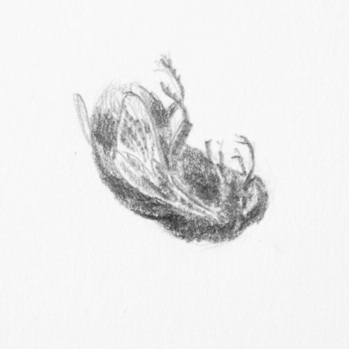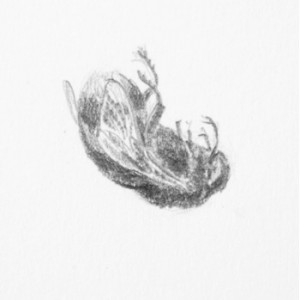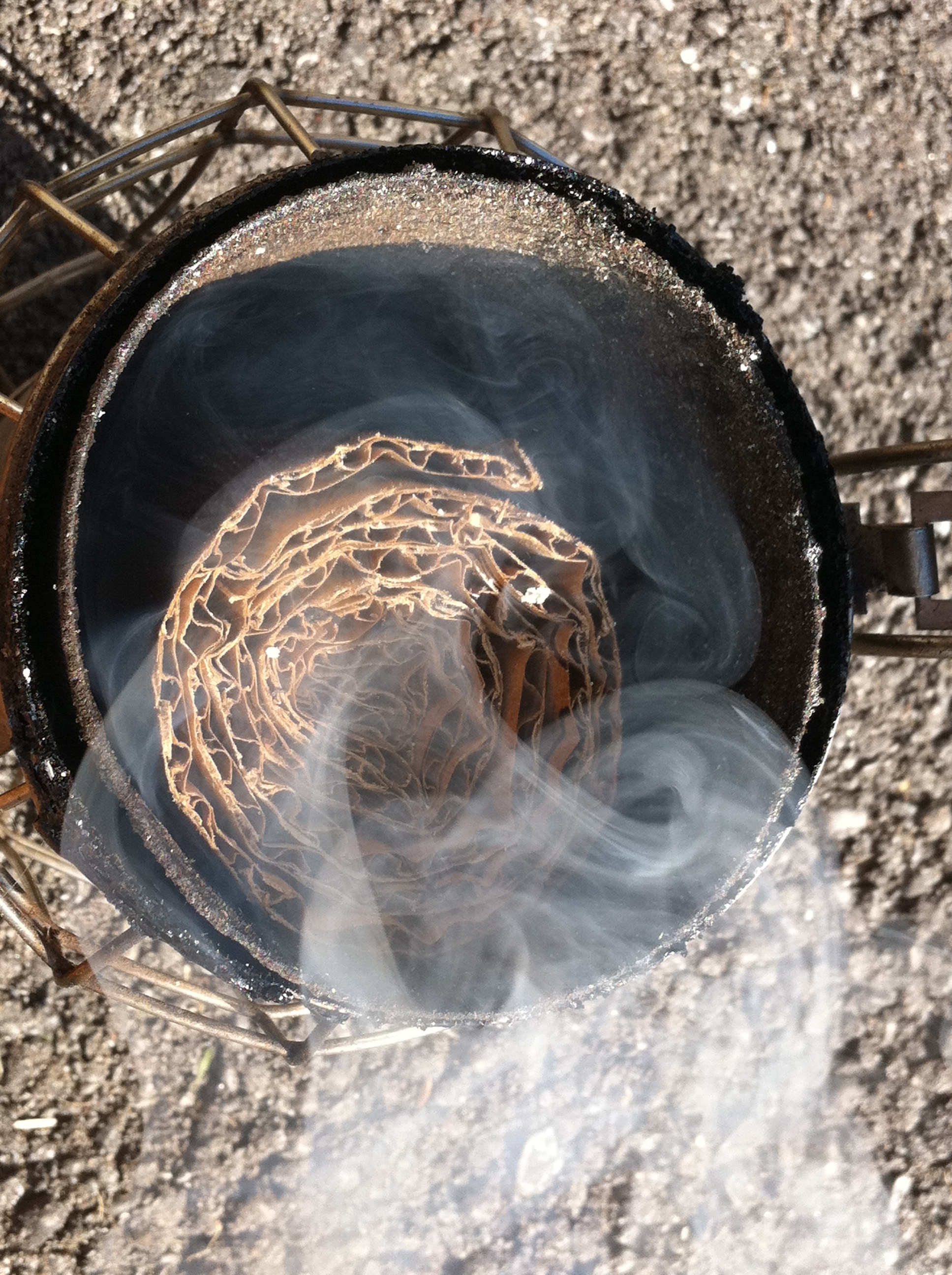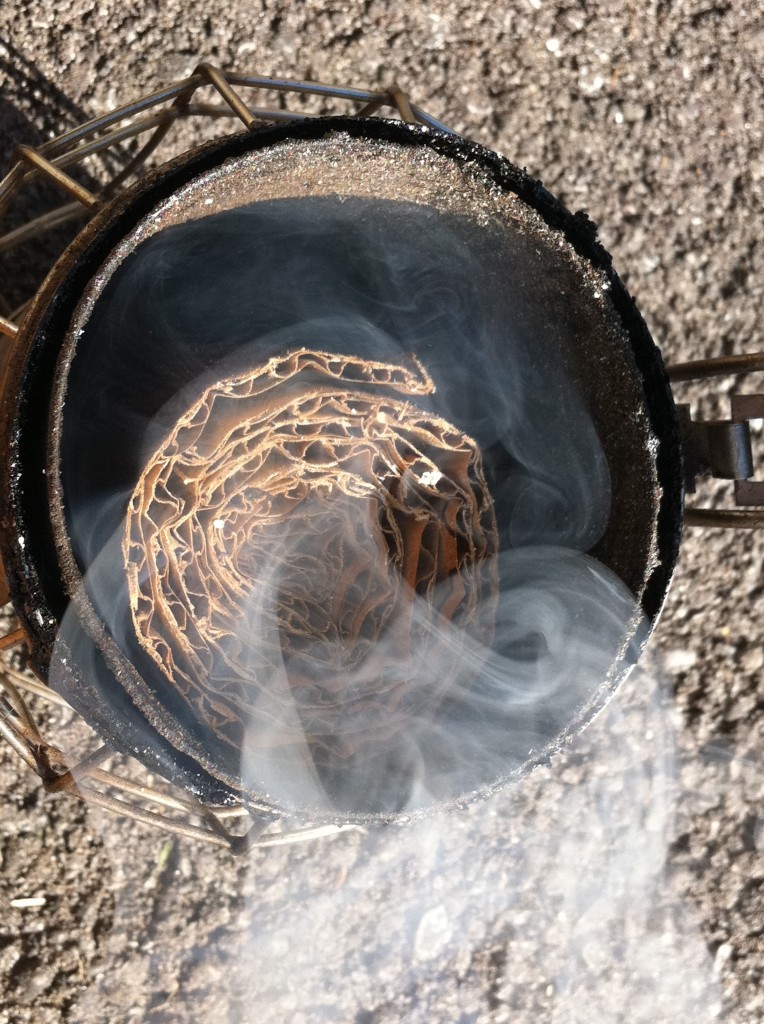Play in Which Darkness Falls
BY FRANK STANFORD
Raymond Roussel
Two girls runaway from the Home. They have a revolver
in their possession. The Sisters Of Our Lady have given up
looking for them, returning in the night with soft candles.
The sleek clouds have thrown their riders, and the bees
are returning to the honey, the clover at the edge of the
cliff black as eyelids, damp as blue mussels flexing at the moon.
The girls look in the stolen mirror, then throw their shoes
in the sea. They take off one another’s dress, posing
on the rocks that jut out over the faded water of the last days.
The clover beat down from their splendid feet, the clover
quiet like a vault. Nearby in a ship named for early death,
I drink wine like a city. Anchored far off the continent of love.
Strange, but bees do not die in their own honey, and how the dead
are toted off, how the sweet moons are deposited in the catacombs.
The clover at the edge of the sea like a chemise, place
where animals have lain. They help one another with their hair,
their dresses blowing back to land. They look over the
cliff, spit on the beach. Birds I have never seen going by.






